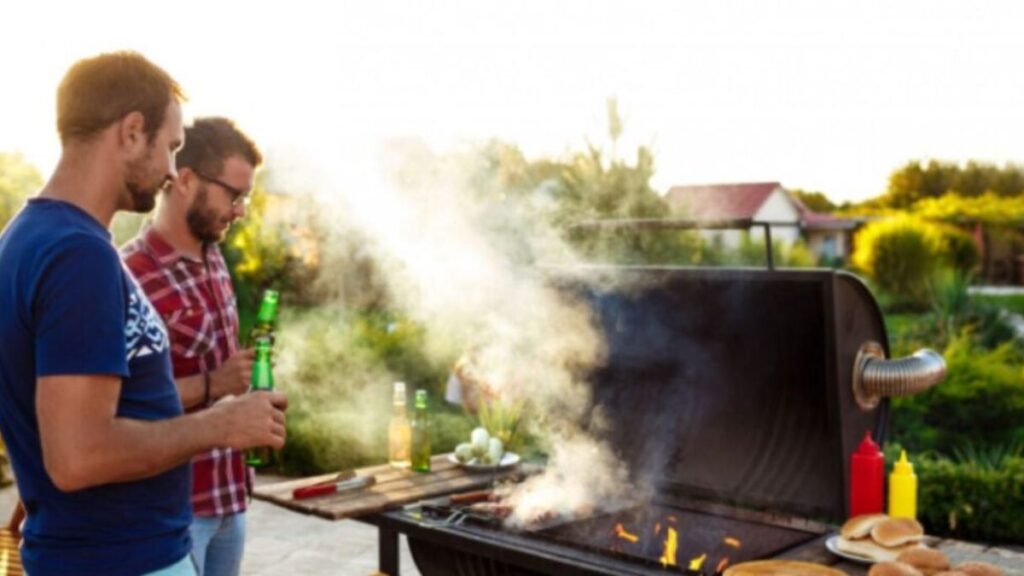Barbecue revolves around transforming basic meats into tasty, tender and addictive meals. Even though slow cooking, using wood smoke and spice-coating food are popular, fat is a key ingredient in this new style of cooking. Many people do not understand how central fat is to the success of BBQ Flavor. Rubs help make food savory, prevent it from drying out and help absorb smoke. Getting to know how fat works in food can take your grilling to new heights, either in your backyard or for competitions.
Fat Helps Develop Flavor
Fat intensifies the taste in BBQ food. While the meat is slow roasting, it bastes itself from inside, bringing rich flavor to the meat. As a result, proper smoking gives smoked brisket or pork shoulder their distinctive taste. Lean cuts lack the depth that comes from fat which allows flavors to be evenly distributed throughout the meat. For this reason, many BBQ experts prefer well-marbled meat.
Fat gives each food a unique taste and also dissolves spices and the flavor from smoke. Fatty meat takes the seasoning from the rub and distributes it all over the meat as it melts. As a result, the meat tastes better throughout than it would if only the outer layer were seasoned. As a result, the smoked foods have a nice blend of spices and taste and this is mostly possible because of the fat involved.
The Importance of Fat Management
While some fat is necessary, consuming too much may not be helpful. A balanced diet is achieved by cutting down on extra fat but not removing all of it. In addition, some recommend that the brisket’s fat be cut so that only a quarter inch remains above the meat. It allows you to baste the meat without letting the sauce get in the way of good smoke and greasy crust. Determining the ideal amount of fat on a cut is something a pitmaster knows but a beginner does not.
Another thing to consider when handling fat is the BBQ equipment you’re using. When you do not clean the grease in your smoker, it can start fires, cause uneven temperatures and may harm your smoker in the long run. BBQ repair and assembly services highlight cleaning the grease from the grill as an essential safeguard for the long-term running of the equipment. Fat improves your food, so be mindful of it during the cooking process and when you grill.
Fat Helps the Skin Retain Moisture
BBQ suffers a lot from moisture issues. Cooking meat for a long time over low temperatures often results in it becoming dry. This is why nature provided fat to keep us safe in such situations. The longer it takes to cook, the more tender and juicy your meat will become. Muscle fibers also gain moisture from the melted fat stored next to them.
When it comes to fatty punctures, the fat cap works well with brisket or pork butt. When the fat is not removed, it forms a coating that protects the meat from heat and drips the oil over it as it cooks. Even when the fat remains untouched, it’s still necessary for the food to cook well and emerge tender and moist. Failing to cook it properly for jerk may make the texture not as expected, regardless of its seasoning or smoking.
How Fat Causes the Food to Absorb Smoke
BBQ relies on smoke which is possible thanks to the way fat on the meat attracts the smoke vapors. It is easier for the smoke to stick to fatty areas than to lean areas. Once the fat is heated and softened, it forms a film that catches both small particles and compounds from the burning wood. It gives the finished meat its unique and coveted crust by BBQ lovers.
Additionally, smoking the food can make the flavors even richer when there are fat-laden elements involved. Woods have varying effects on taste and the fat in a cut soaks up these tastes and smoothes them out. This gives the flavor a rich feel, instead of the harsh burn of smoke. If the fat is not included or the BBQ assembly is not proper, the charcoal smoke may not taste right and can be overly strong when cooking for a long time.
Fat in meat is more than just calories; it is essential to getting the best-tasting BBQ. Fat adds nutty notes to meat, helps keep it moist as it cooks and takes in the smoke, changes that no rub or sauce can provide alone. Making the right fat cut, prepping it properly and cooking with it is necessary to have a successful BBQ. Always remember fat when working with either a kettle or a smoker. You can turn a good barbecue into an unforgettable one by understanding what the charcoal does.







